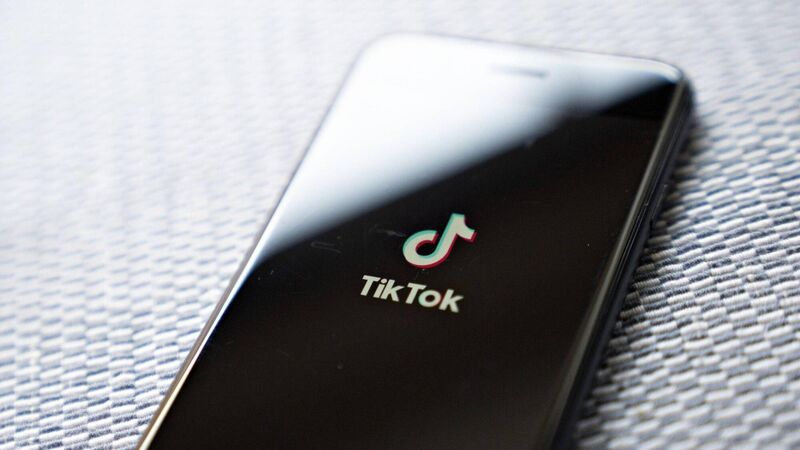Mon, 05 Feb, 2024 - 02:41
A new book ponders a fresh, and worldwide, epidemic. But one that rarely speaks its name: Loneliness.
In the years following the social isolation imposed by covid-19, author Gyan Yankovich says people are reconsidering the values of friendship and the health benefits it brings.
Already a subscriber? Sign in
You have reached your article limit.
Subscribe to access all of the Irish Examiner.
Annual €130 €80
Best value
Monthly €12€6 / month
Introductory offers for new customers. Annual billed once for first year. Renews at €130. Monthly initial discount (first 3 months) billed monthly, then €12 a month. Ts&Cs apply.
CONNECT WITH US TODAY
Be the first to know the latest news and updates

















